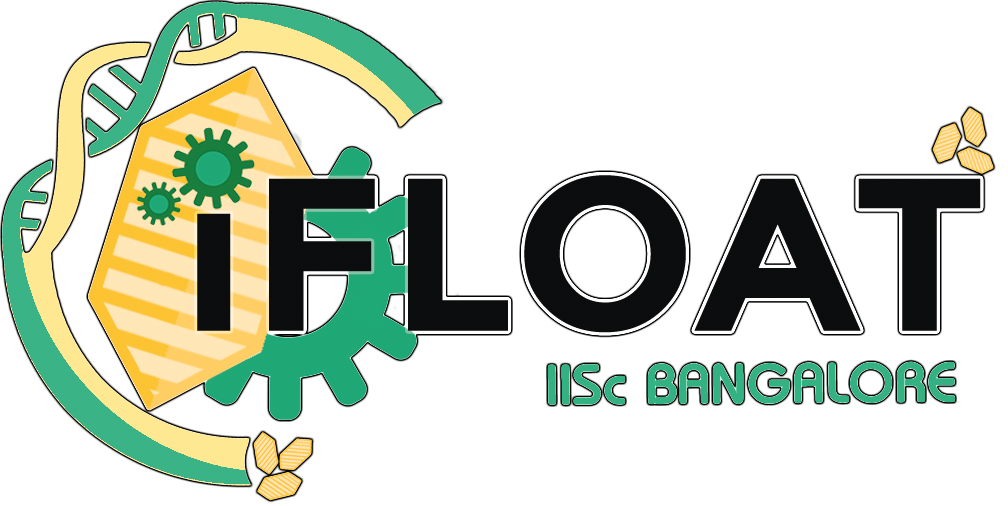Raj Magesh (Talk | contribs) |
Raj Magesh (Talk | contribs) |
||
| Line 16: | Line 16: | ||
<figure> | <figure> | ||
| − | <img src="https://static.igem.org/mediawiki/2017/6/67/T--IISc-Bangalore--lab-entry-rules.jpeg" width=" | + | <img src="https://static.igem.org/mediawiki/2017/6/67/T--IISc-Bangalore--lab-entry-rules.jpeg" width="70%"> |
<figurecaption> | <figurecaption> | ||
PLACEHOLDER | PLACEHOLDER | ||
| Line 23: | Line 23: | ||
<figure> | <figure> | ||
| − | <img src="https://static.igem.org/mediawiki/2017/7/7d/T--IISc-Bangalore--personal-protective-equipment.jpeg" width=" | + | <img src="https://static.igem.org/mediawiki/2017/7/7d/T--IISc-Bangalore--personal-protective-equipment.jpeg" width="70%"> |
<figurecaption> | <figurecaption> | ||
PLACEHOLDER | PLACEHOLDER | ||
| Line 44: | Line 44: | ||
<figure> | <figure> | ||
| − | <img src="https://static.igem.org/mediawiki/2017/7/7a/T--IISc-Bangalore--waste-disposal.jpeg" width=" | + | <img src="https://static.igem.org/mediawiki/2017/7/7a/T--IISc-Bangalore--waste-disposal.jpeg" width="70%"> |
<figurecaption> | <figurecaption> | ||
PLACEHOLDER | PLACEHOLDER | ||
Revision as of 00:25, 2 November 2017
Lab Safety
These photos depict relevant safety features of our lab.




Gas Vesicles
We are also using purified gas vesicles from Halobacterium salinarum NRC-1 (a model archaeon) for the same purpose, but will not be working with the live organism.
Anabaena flos-aquae
We planned to culture Anabaena flos-aquae (UTEX 2557) and extract gas vesicles from it to test our methods of inducing clustering. This strain of Anabaena was chosen as it has lost the ability to produce anatoxin-a and is axenic (no bacterial contamination).
Strains
We will be using common lab strains of E. coli for our chassis. DH5alpha will be used for cloning purposes due to its high transformation efficiency and its recA and endA mutations. BL21 (DE3) will be used to over-express our fusion proteins under the T7 expression system as it contains the gene encoding the T7 RNA polymerase.












